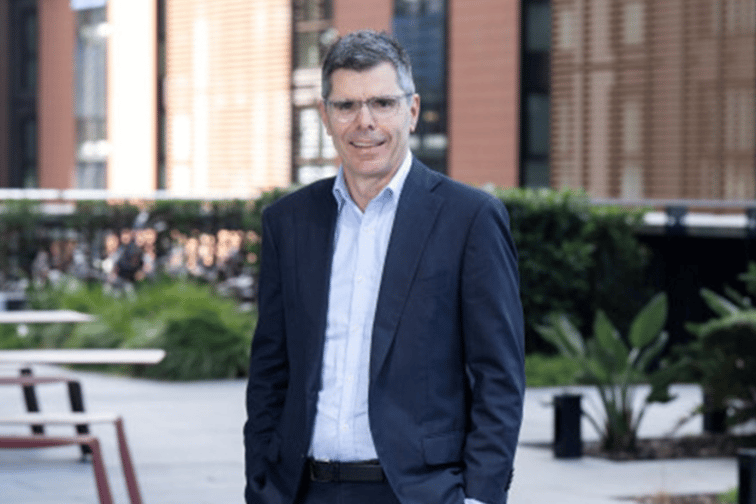

An investment chief says the Reserve Bank of Australia could be the first major central bank in the world to start cutting interest rates.
As Aussies continue battling the ongoing cost of living crisis, Matt Wacher (pictured above), chief investment officer at Morningstar for Asia-Pacific told the Australian Financial Review he predicts the RBA will lift the official cash rate once or twice more in response to record high inflation before rates reach their peak.
“The RBA could push the economy into recession this year as consumers sharply tighten their belts,” Wacher told the AFR on Monday.
“More worryingly, the RBA’s preferred measure of underlying inflation came in well above its most recent forecast, issued in November. Bond markets are fully priced for a ninth straight rate rise to 3.35% at the RBA’s policy meeting on February 7 and imply at least one more rate increase to a peak of 3.8%.”
Wacher said he expects to see the first RBA interest rate cut later this year, earlier than the financial markets’ prediction of around Easter 2024. He believes the RBA could push the economy into recession as consumers sharply tighten their belts due to higher borrowing costs and lower buying power.
“The probability of a recession is “an each-way bet” with China in the balance,” Wacher said.
“As the world’s second-largest economy reopens, it is expected to boost demand for Australia’s resources, particularly coal and iron ore. But at the same time, China is also looking elsewhere, like Brazil and Africa, so maybe it’s not going to be the same tailwind that we experienced in 2008-2012.”
Wacher said the RBA does not need to raise the cash rate further because consumers (particularly mortgage owners) have not yet felt the full effect of the recent eight consecutive cash rate hikes.
“This is before the commonly called ‘mortgage cliff’ – where an estimated $500 billion worth of fixed-rate mortgages will expire by Easter and switch to a more expensive variable-rate loan structure and this will deal another blow to households’ finances,” he said.
“I am sure the RBA would like to keep rates higher for longer, but this can put significant pressure on the economy here, more so than other regions given personal debt levels.”
RateCity.com.au research director Sally Tindall said a ninth RBA hike on February 7 was a near certainty which would take the OCR to its highest rate since September 2012.
“Australia has a serious inflation problem and it’s not going away without a fight,” Tindall said.
“With annual inflation now sitting at 7.8%, the RBA has little choice but to serve Australians with yet another cash rate hike.”
On January 25, the Australian Bureau of Statistics (ABS) revealed the Consumer Price Index rose 1.9% and 7.8% annually in the December quarter.
ABS head of price statistics Michelle Marquardt said the increase for the quarter was slightly higher than the quarterly movements for the September and June quarters last year (both 1.8%).
"The annual increase for the CPI is the highest since 1990,” Marquardt said. “Annual inflation for goods such as new dwellings and automotive fuel steadied this quarter, however we saw an uptick in inflation for services such as holidays and restaurant meals."
When will the RBA stop raising interest rates? Share your thoughts in the comments below.
